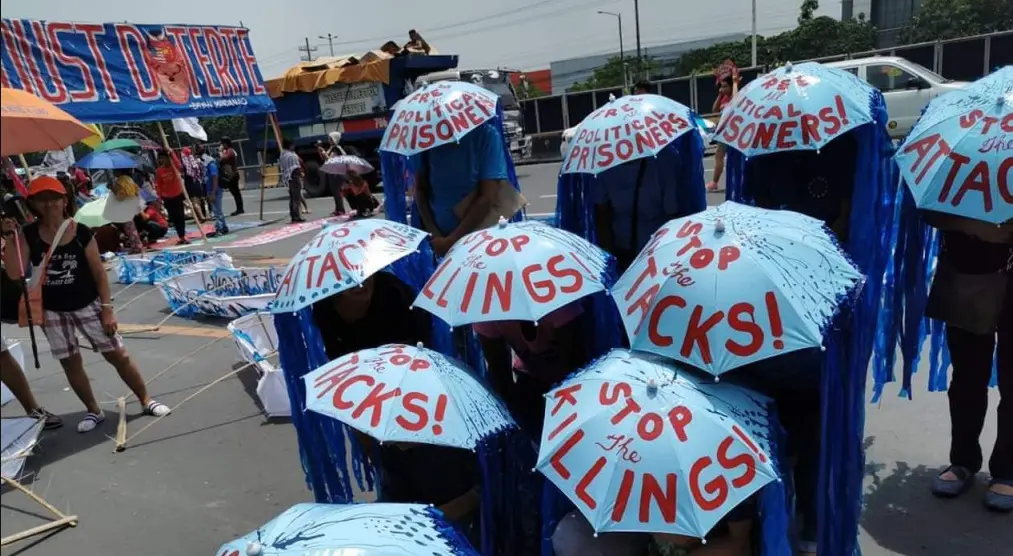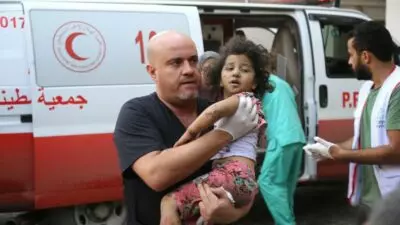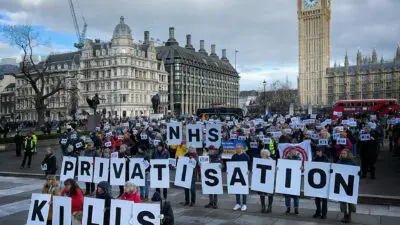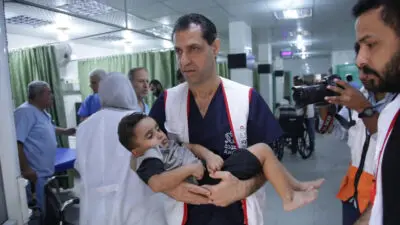Social movements’ right to health prospect under Marcos presidency
The son of the Philippine dictator, Ferdinand Marcos, has won the country’s presidential election. Ferdinand “Bongbong” Marcos, Jr. has taken an unassailable lead over his closest rival, Leni Robredo, the country’s current vice president.
The return of the dead
The older Marcos plundered the country, committed blatant human rights violations, and stayed in power for more than twenty years. Thousands of people were jailed, tortured, involuntarily disappeared, and killed during his dictatorship. In 1986, a popular revolt ousted Marcos, but not after robbing the country of more than $10 billion and putting its economy in shambles.
After the dictator died in exile in 1989, the Marcos family was able to return to the Philippines and began making their way back to holding political positions. They have never admitted wrongdoings nor apologized for human rights abuses and continuously lied about their plundered wealth. The succeeding administrations have failed to hold the Marcos family accountable for their crimes against the Filipino people.
With the aid of social media platforms and an army of trolls, the Marcoses have managed to whitewash the obnoxious legacy of the Marcos dictatorship and even refashioned it as the “golden era” of the Philippines. Moreover, they have used the same platforms to conduct smear campaigns against their opponents, particularly Leni Robredo.
To some political analysts, many Filipinos have supported Marcos because of their growing disillusionment with the prevailing liberal democracy after the Marcos’ ouster for failing to bring real change to the country. Poverty is still widespread, corruption in the government has worsened, and the rich-poor divide has widened, with the country having one of the worst cases of income inequality in the world. Marcos has capitalized on people’s sentiment about being victims of the prevailing system by creating a narrative that his family is also a victim of an “elite” conspiracy.
The progressive social movements have supported Robredo’s candidacy in a bid to thwart the return of the Marcoses to power. Apart from it, Robredo’s socioeconomic plans resonate with their advocacies on various issues such as promoting people’s right to health, defending human rights and the environment, genuine agrarian reform, ending labor contractualization, and promoting a rights-based pandemic response, among others.
As of this writing, protests against Marcos’ looming victory are mounting up as various groups have denounced alleged fraud and irregularities that marred the electoral exercise.
Right to health under attack
What are the prospects for the social movements to advocate for the right to health under the Marcos presidency? The return to power of the Marcoses presents both challenges and opportunities for the social movements. During the campaign period, Bongbong Marcos did not present any policy platform shunning presidential debates and sticking to the ambiguous message of unity. He instead promised to carry on with President Duterte’s plans and programs. He vowed to shield Duterte from accountability and international court proceedings for all his human rights abuses, from his bloody drug war to the crackdown on dissenters and jailing and killing of human rights and environmental defenders.
Critics fear that Marcos will intensify the culture of impunity instigated by President Duterte, shrinking further the democratic space for social movements where they can operate and hold the government accountable for all its actions.
What could be the possible impacts of Marcos’ presidency on the Viva Salud partners’ campaign for the right to health? Marcos will inherit a chronically ailing public health system under Duterte, who has given higher spending priority on his flagship infrastructure program and the police and military over health even during COVID 19 pandemic. Duterte has not taken any measures to strengthen the public health system and make health services accessible to ordinary people and instead relied on the neoliberal scheme of privatizing health care through social health insurance. The social movements cannot expect Marcos’ health program to deviate from Duterte’s. They can even presume that Marcos will push the public health system further into collapse because when Duterte leaves office, the country’s debt will climb to a record high of Php13.42 trillion (243.5 billion euros).
The struggle for social justice in a shrinking democratic space
The right to health campaign of Viva Salud partners in the Philippines is now more critical than ever. A broad mass movement has emerged during the election campaign period supporting the candidacy of Robredo and rejecting Marcos’ attempt to return to power. People from different sectors of society, particularly the youth, have taken it upon themselves to fight against the historical distortions, expose the crimes and wealth of the Marcoses, and demand justice and accountability.
It offers a vast opportunity for social movements to organize and mobilize these people for the right to health cause. It is crucial to remind them that the election is just part of a larger struggle for a meaningful change. The Philippines is facing a health and economic crisis due to the impacts of the COVID 19 pandemic. The social movements can rally the people to assert that people’s health is primarily a state responsibility and demand that the government ensures that public health care can effectively provide health services to the people, especially during a health crisis like the COVID 19 pandemic.
Political repression will likely escalate under Marcos presidency. Social movements, however, are poised to wage a determined struggle to defend what is left of the civic space under Duterte so that they can continue to fight for the people’s right to health and empower them to bring about social change.



